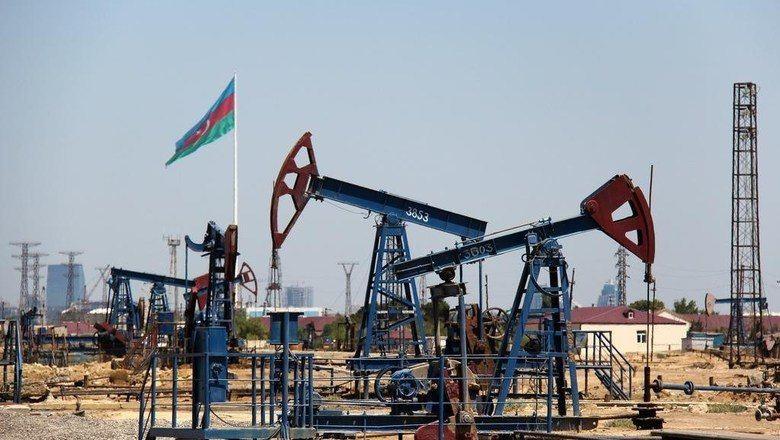Azerbaijan's Economic Trajectory: Short-Term Constraints, Medium-Term Vulnerabilities, and Long-Term Structural Risks
Dr. Gubad Ibadoghlu, Senior Policy Analyst at Economic Research Center (ERC), Baku, AzerbaijanAbstract
This analytical paper provides a comprehensive assessment of Azerbaijan's economic trajectory over the past three decades, situating the discussion within a context of escalating global volatility, regional uncertainty, and domestic structural imbalances. It investigates the interplay between short-term fiscal constraints, medium-term macroeconomic vulnerabilities, and long- term structural risks, each of which continues to shape the country's developmental outlook and policy space. The analysis foregrounds several persistent challenges, including overreliance on hydrocarbon revenues, diminishing foreign direct investment (FDI) inflows, limited progress in economic diversification, and institutional weaknesses in fiscal governance that impede the efficiency and credibility of public policy implementation beyond the oil sector. The findings reveal that fiscal fragility - rooted in the volatility of oil revenues and the rigid structure of public expenditures - has become a defining feature of Azerbaijan's macroeconomic landscape. The underperformance of non-oil growth strategies, compounded by declining hydrocarbon production and price volatility, undermines the sustainability of growth and threatens the long-term stability of public finances. The paper further examines the complex relationship between state finances, the State Oil Fund of Azerbaijan (SOFAZ), and the national budget, identifying systemic governance challenges, including the misalignment of fiscal priorities, limited transparency in inter-budgetary transfers, and risks of inefficiency and corruption in public spending. Moreover, the continuation of an over-militarized expenditure structure constrains the fiscal space available for social, environmental, and innovation-driven investments critical to long-term competitiveness. This paper examines the complex interplay between declining hydrocarbon revenues, rising developmental expenditure commitments, and structural inefficiencies that threaten Azerbaijan's fiscal sustainability. It draws on recent data and analyses from international institutions and independent researchers to assess both the macroeconomic trajectory and the political economy implications of these evolving dynamics.
Keywords: Azerbaijan; economic diversification; hydrocarbon dependence; structural reforms; fiscal fragility; foreign direct investment; World Bank projections; Eurasian economies
